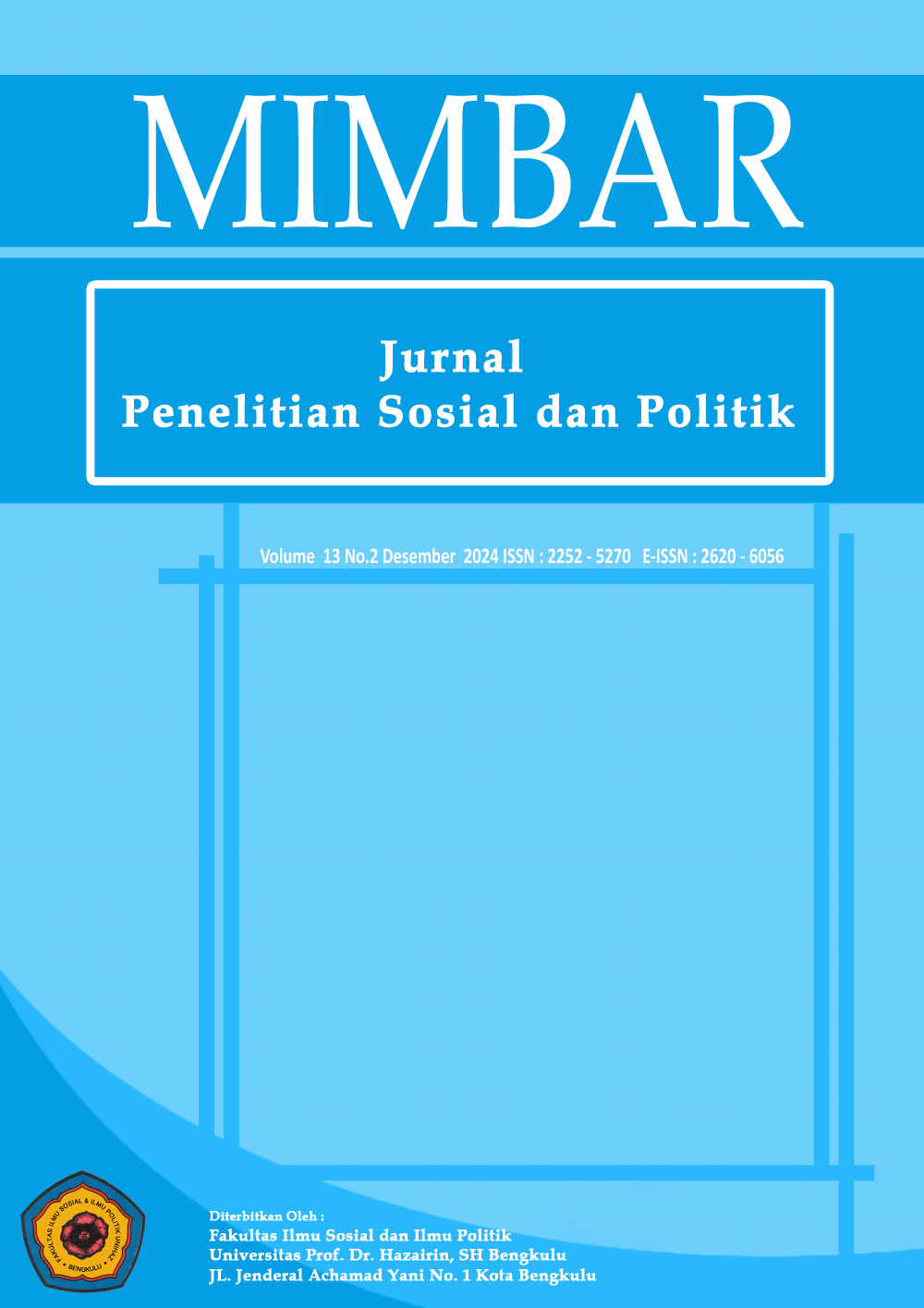OPTIMALISASI PELAYANAN PUBLIK DI PERGURUAN TINGGI STUDI KASUS: MODEL LAYANAN PENDIDIKAN DI FAKULTAS ILMU SOSIAL DAN ILMU POLITIK UNVERSITAS PROF. DR. HAZAIRI BENGKULU
DOI:
https://doi.org/10.32663/0vhmbr42Keywords:
Public Service; High Education Student; Whole of GovernmentAbstract
In the context of higher education, the public concept of students as users of educational services offered to students does not only include academic services related to the learning process, as well as non-academic services related to technical and administrative services. Quality academic and non-academic services are certainly everyone's dream. student. Therefore, the quality contribution of higher education institutions is very necessary in order to provide optimal services to students. A Whole of Government approach is the definition. In relation to services to students, the Whole of Government approach refers to coordination and collaboration that creates synergy between actors that produces educational services. The importance of implementing a holistic approach to higher education is based on two reasons. First, the most important key in creating quality public services is the performance of service providers, so improvements must be made in line with bureaucratic reform. Second, all governments fulfill indicators of commitment to quality which include efficiency, effectiveness, innovation and quality orientation. Considering these two reasons, it is appropriate that the Whole of Government approach be implemented comprehensively in academic and non-academic services at higher education institutions in Indonesia



